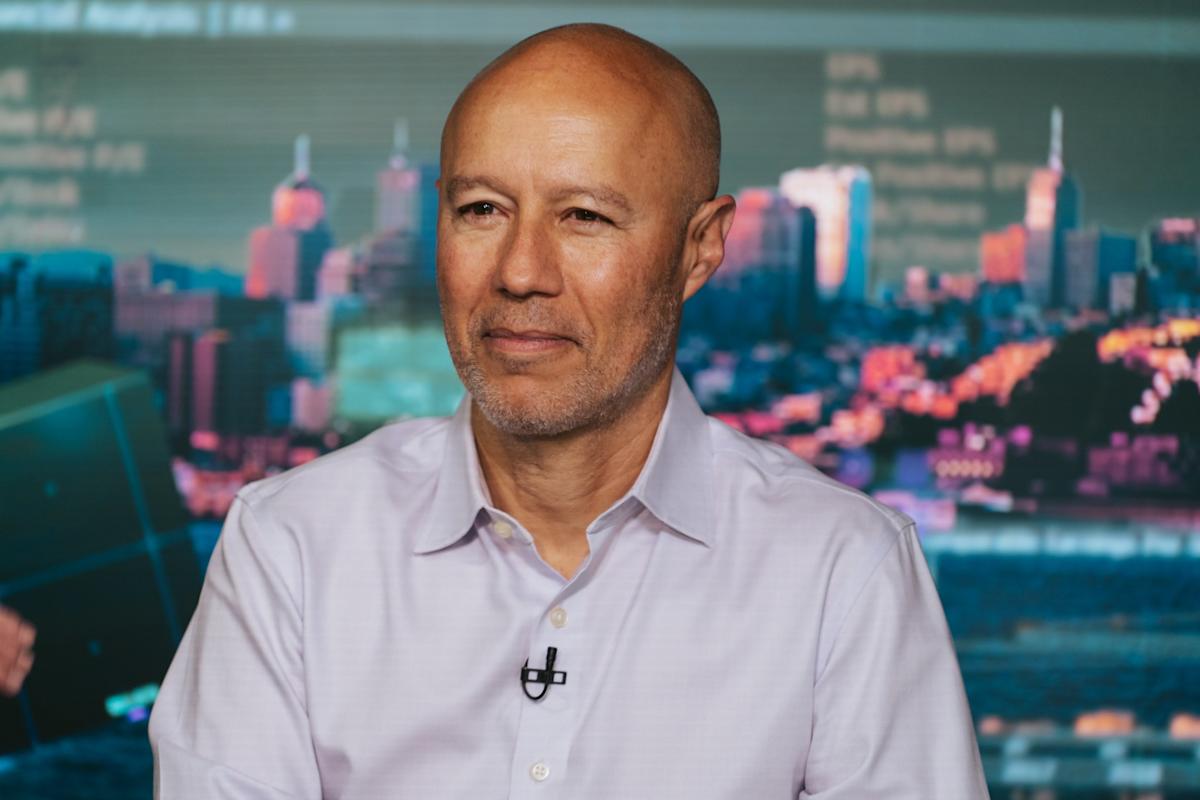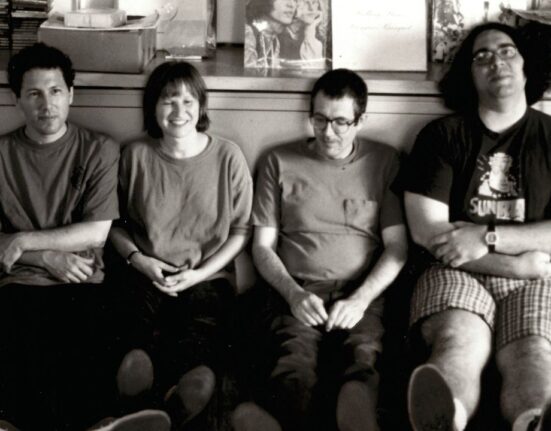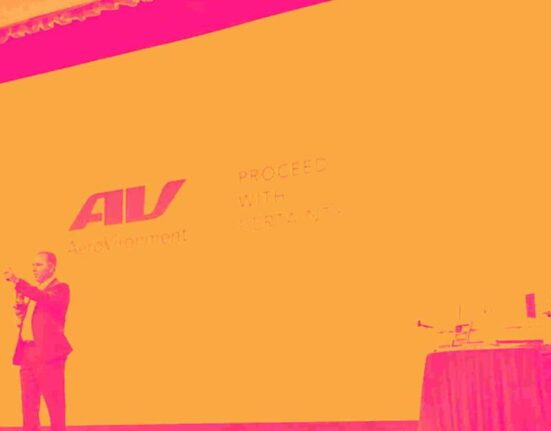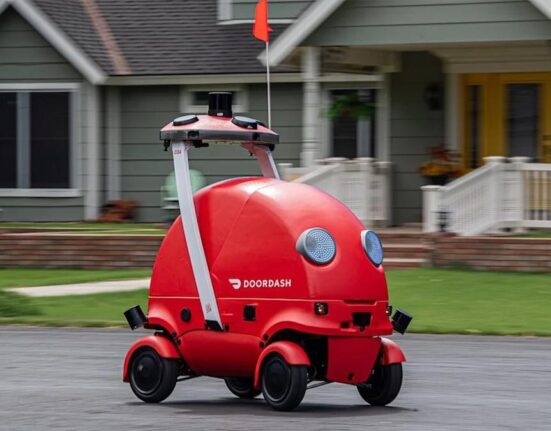Before David Risher was tasked with scripting a “comeback story” for ride-sharing company Lyft, he made a career move so audacious that it prompted a direct, and blunt, intervention from Microsoft co-founder Bill Gates. In a recent appearance on Fortune‘s Leadership Next podcast, Risher shared the moment Gates told him he was making “the stupidest decision I’ve ever heard anyone made.”
The year was 1996, and Risher was enjoying a successful career at Microsoft during the heyday of Windows. In fact, Risher noted he and his wife just had their 30th wedding anniversary, having met “on the first day” at Microsoft. He said it was a very formative time for him and his career at a very competitive company.
But he had been in talks with a man named Jeff Bezos, who was running a brand-new startup called Amazon. When Risher decided to leave the tech giant to join the fledgling online retailer, Gates himself sent an email and called him into his office.
“He says, ‘Hold on for a second. You mean to tell me you’re leaving this company for some tiny, little internet bookstore that nobody’s ever heard of … that has got to be the stupidest decision I’ve ever heard anyone made,’” Risher recalled.
While Risher admitted the move wasn’t “entirely rational,” he said he was drawn to the opportunity. He had first connected with Bezos a year earlier, when the Amazon founder was conducting a reference check. What ultimately convinced Risher to take the leap was Bezos’s intense focus on the customer. “He was very customer-obsessed,” Risher said, noting Bezos’s logic that on the internet, “everyone is one click away from somebody else, so you have to create a great customer experience.” (In fact, Bezos’s management style stressed to Amazonians that they should approach every day from a “day one” mindset.)
Bezos also laid out a compellingly ambitious vision: to grow the then-$15.6 million business into a billion-dollar company by the year 2000. Risher, an avid reader, was captivated by the chance to build something new at the “crazy intersection of technology and culture.” He joined Amazon as its 37th employee, tasked with helping build the “everything store” by adding music, video, and toy categories. The company hit its billion-dollar target a year early, in 1999. The move paid off so well that a “Thank You” letter from Bezos to Risher, dated February 2002, remains on Amazon’s website to this day.
Before David Risher was tasked with scripting a “comeback story” for ride-sharing company Lyft, he made a career move so audacious that it prompted a direct, and blunt, intervention from Microsoft co-founder Bill Gates. In a recent appearance on Fortune‘s Leadership Next podcast, Risher shared the moment Gates told him he was making “the stupidest decision I’ve ever heard anyone made.”
The year was 1996, and Risher was enjoying a successful career at Microsoft during the heyday of Windows. In fact, Risher noted he and his wife just had their 30th wedding anniversary, having met “on the first day” at Microsoft. He said it was a very formative time for him and his career at a very competitive company.
But he had been in talks with a man named Jeff Bezos, who was running a brand-new startup called Amazon. When Risher decided to leave the tech giant to join the fledgling online retailer, Gates himself sent an email and called him into his office.
“He says, ‘Hold on for a second. You mean to tell me you’re leaving this company for some tiny, little internet bookstore that nobody’s ever heard of … that has got to be the stupidest decision I’ve ever heard anyone made,’” Risher recalled.
While Risher admitted the move wasn’t “entirely rational,” he said he was drawn to the opportunity. He had first connected with Bezos a year earlier, when the Amazon founder was conducting a reference check. What ultimately convinced Risher to take the leap was Bezos’s intense focus on the customer. “He was very customer-obsessed,” Risher said, noting Bezos’s logic that on the internet, “everyone is one click away from somebody else, so you have to create a great customer experience.” (In fact, Bezos’s management style stressed to Amazonians that they should approach every day from a “day one” mindset.)
Bezos also laid out a compellingly ambitious vision: to grow the then-$15.6 million business into a billion-dollar company by the year 2000. Risher, an avid reader, was captivated by the chance to build something new at the “crazy intersection of technology and culture.” He joined Amazon as its 37th employee, tasked with helping build the “everything store” by adding music, video, and toy categories. The company hit its billion-dollar target a year early, in 1999. The move paid off so well that a “Thank You” letter from Bezos to Risher, dated February 2002, remains on Amazon’s website to this day.











Leave feedback about this